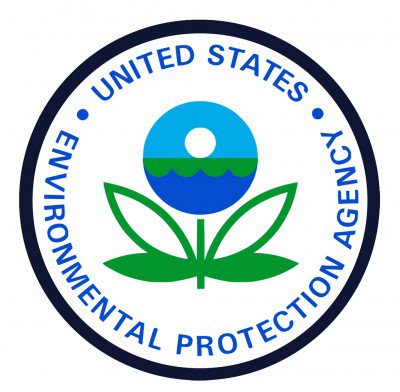Unsafe at Any Level? Dangerous Chemicals Everywhere. Public Health in Jeopardy. Money and Politics Undermine Scientific Risk Assessments

Source: GlobalResearch (THIS IS PART 2) Part 1 of this series focused on the technical difficulties involved in assessing the potential harm from exposure to a substance being tested. This part (2) concerns a different kind of contamination: endemic conflicts of interest in which money and political power undermine scientific risk assessments, placing in jeopardy the public’s health and well-being. Scientists often have financial and other conflicts of interest which, in turn, lead to biases that impact on conclusions. A fascinating recent example of apparent unconscious bias comes from a survey of scientific publications commissioned by the Dutch government on the effects of pesticidal GMO (Bt) crops on non-target organisms in outdoor experiments. The survey revealed that researchers who found negative consequences of GMO (Bt) crops were disregarding their own findings, even when these were statistically significant. Even more interesting to the Dutch authors was that the rationales offered for doing so were oftentimes illogical. Typically, researchers used experimental methods designed to detect ecotoxicological effects that were “transient or local”, but when such effects were found, the researchers dismissed the significance of their own results — as being either “transient or local”. This Dutch report represented prima facie evidence that researchers across a whole academic discipline were avoiding conclusions that would throw doubt on the wisdom of using GMO Bt crops. Apparently, the researchers had a prior commitment to finding no harm — the kind of commitment that scientists are not supposed to have.
